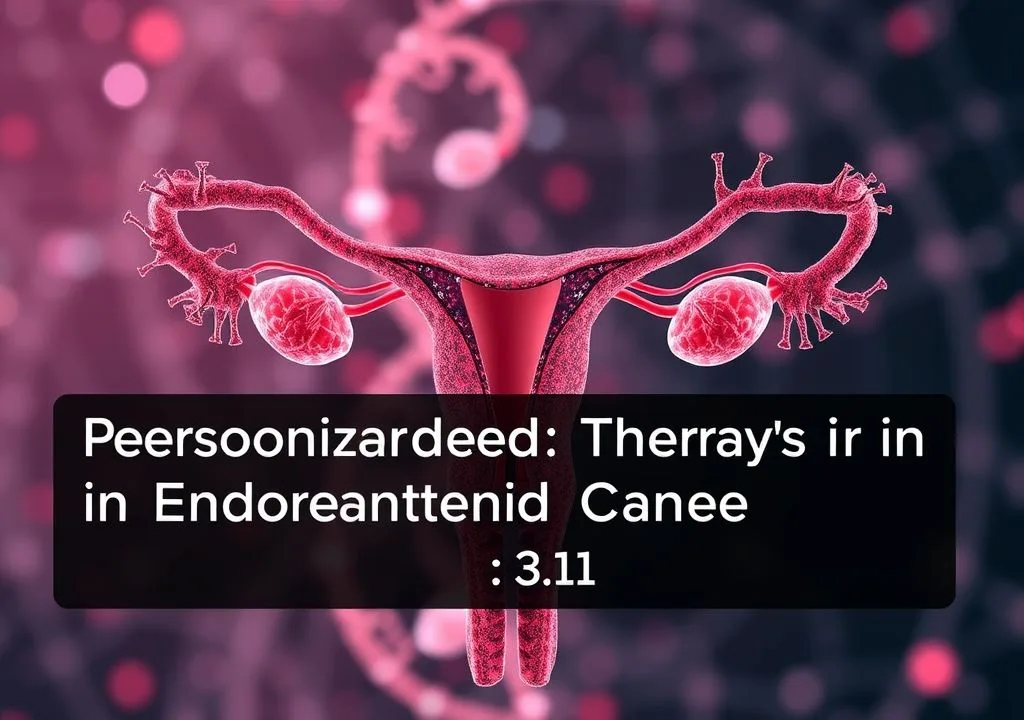Personalized Treatment for Endometrial Cancer Through Molecular Stratification
Endometrial cancer, particularly in patients with high-intermediate risk, is seeing advancements in treatment strategies. A personalized approach, driven by molecular characteristics, is becoming increasingly important.
Understanding High-Intermediate Risk Endometrial Cancer
High-intermediate risk endometrial cancer presents a challenge due to its varying behavior and response to traditional treatments. Identifying specific molecular markers helps tailor therapy for better outcomes.
The Role of Molecular Characteristics
- Molecular profiling allows doctors to understand the unique genetic makeup of a tumor.
- This information can predict how a cancer will respond to different treatments.
- Specific molecular markers can indicate a higher or lower risk of recurrence.
Benefits of Personalized Treatment
By stratifying patients based on molecular characteristics, clinicians can offer more targeted and effective treatments.
Improved Treatment Outcomes
- Personalized treatment can lead to higher success rates.
- Reduced side effects due to more specific targeting of the cancer cells.
- Better quality of life for patients during and after treatment.
Avoiding Over- or Under-Treatment
Molecular stratification helps ensure that patients receive the most appropriate level of care.
- Patients with low-risk molecular profiles might avoid aggressive treatments.
- Those with high-risk profiles can receive more intensive therapy from the outset.
The Future of Endometrial Cancer Treatment
The use of molecular stratification is expected to become more widespread, further refining treatment strategies for endometrial cancer.
Research and Development
Ongoing research continues to uncover new molecular markers and refine our understanding of endometrial cancer behavior. This will lead to even more personalized and effective treatments in the future.
Final Overview
Stratifying patients with high-intermediate risk endometrial cancer by their molecular characteristics is a crucial step towards personalized treatment. This approach promises improved outcomes, reduced side effects, and a better quality of life for patients. The future of endometrial cancer treatment lies in continued research and development in molecular profiling.




+ There are no comments
Add yours